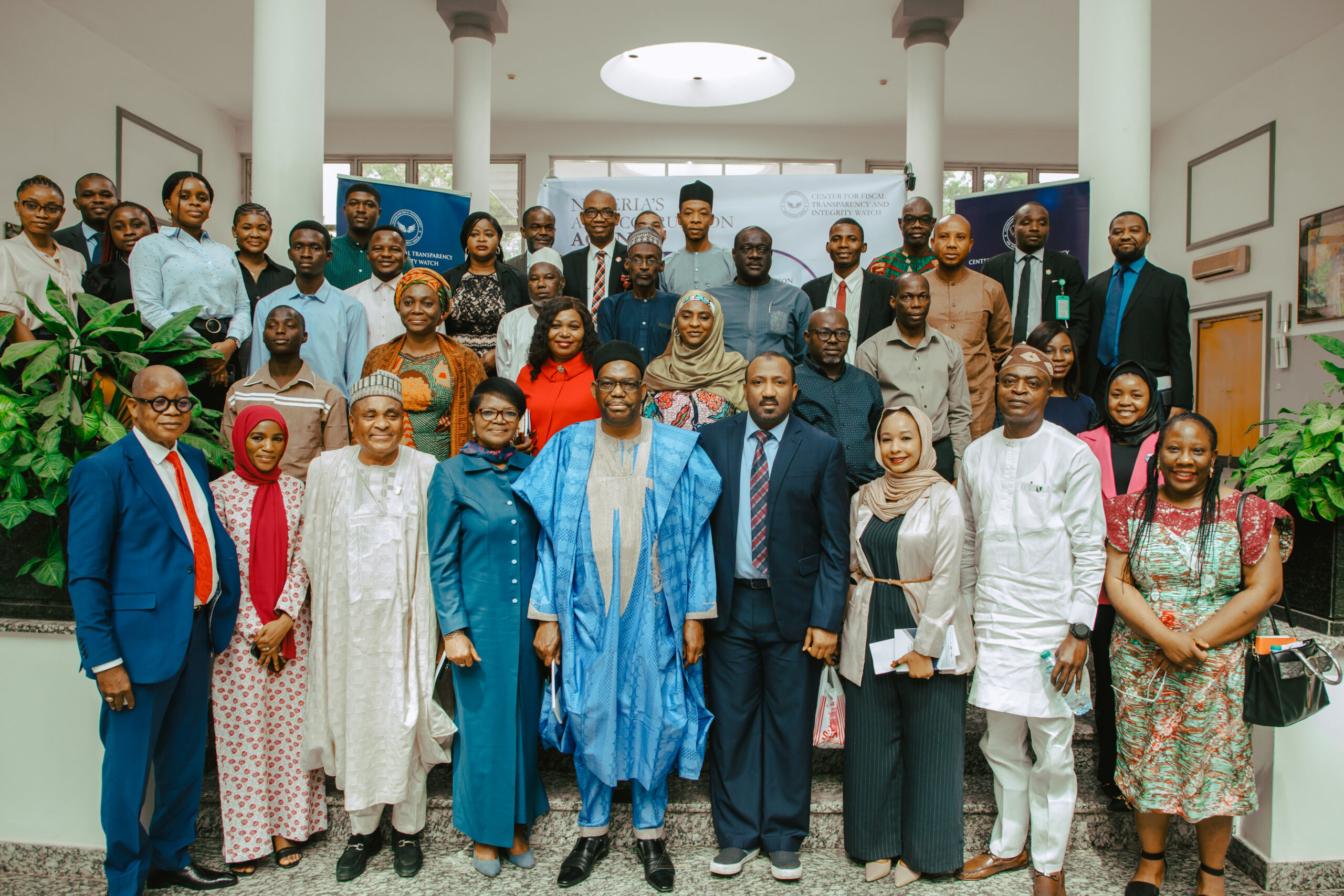The presentation of the civil society monitoring template for Nigeria’s implementation of the United Nations Convention Against Corruption (UNCAC) by the Center for Fiscal Transparency and Integrity Watch (CeFTIW) marks a significant step in ensuring transparency, participation, and independent oversight of Nigeria’s fight against corruption.
The UNCAC, ratified by Nigeria in 2004, is a comprehensive approach to tackle corruption across various sectors. However, concerns regarding effective implementation have persisted. Recognizing this gap, CeFTIW’s initiative empowers citizens and civil society organizations (CSOs) to actively monitor and assess the government’s progress; as corruption remains a bane of the country’s development.
The UNCAC covers a wide range of issues encapsulated in its pillars namely: prevention, criminalization, international cooperation, asset recovery, and technical assistance & knowledge sharing. This mechanism guides the assessment of Nigeria’s compliance with the articles of the Convention, identifies challenges and gaps in the anti-corruption fight, and provides concrete and actionable recommendations to overcome them.
Stakeholders at the presentation were drawn from government, CSOs, media, and international partners. Speaking at the event, the Chairman of the Independent Corrupt Practices Commission (ICPC), Dr. Musa Adamu Aliyu, SAN welcomed the Center’s monitoring framework, pledging to work with the Center to enhance Nigeria’s implementation of the Convention.
The Chairman committed to further work in line with its systems review and corruption risk assessments for ministries, departments and agencies (MDAs) to identify gaps and prevent corruption in the public service.
The Centers believes that this template will promote evidence-based monitoring of Nigeria’s efforts in the fight against corruption; while also empowering civil society actors, media and citizens to hold government accountable, demand action, and advocate for necessary reforms.
The Center therefore encourages stakeholders to utilize the monitoring template to demand for the implementation of the UNCAC from the country’s elected representatives. It is also hoped that government will use this instrument to assess its progress and challenges in the fight against corruption so as to improve its policies and practices.

